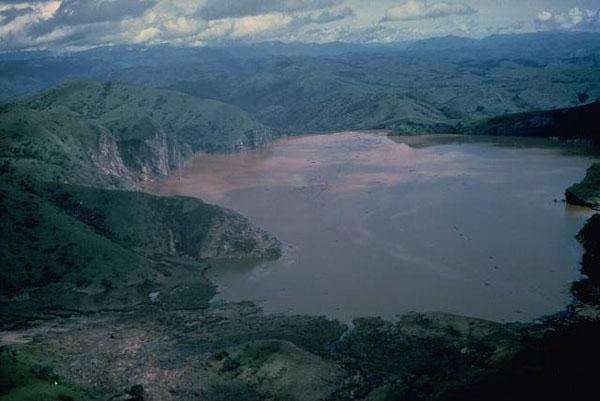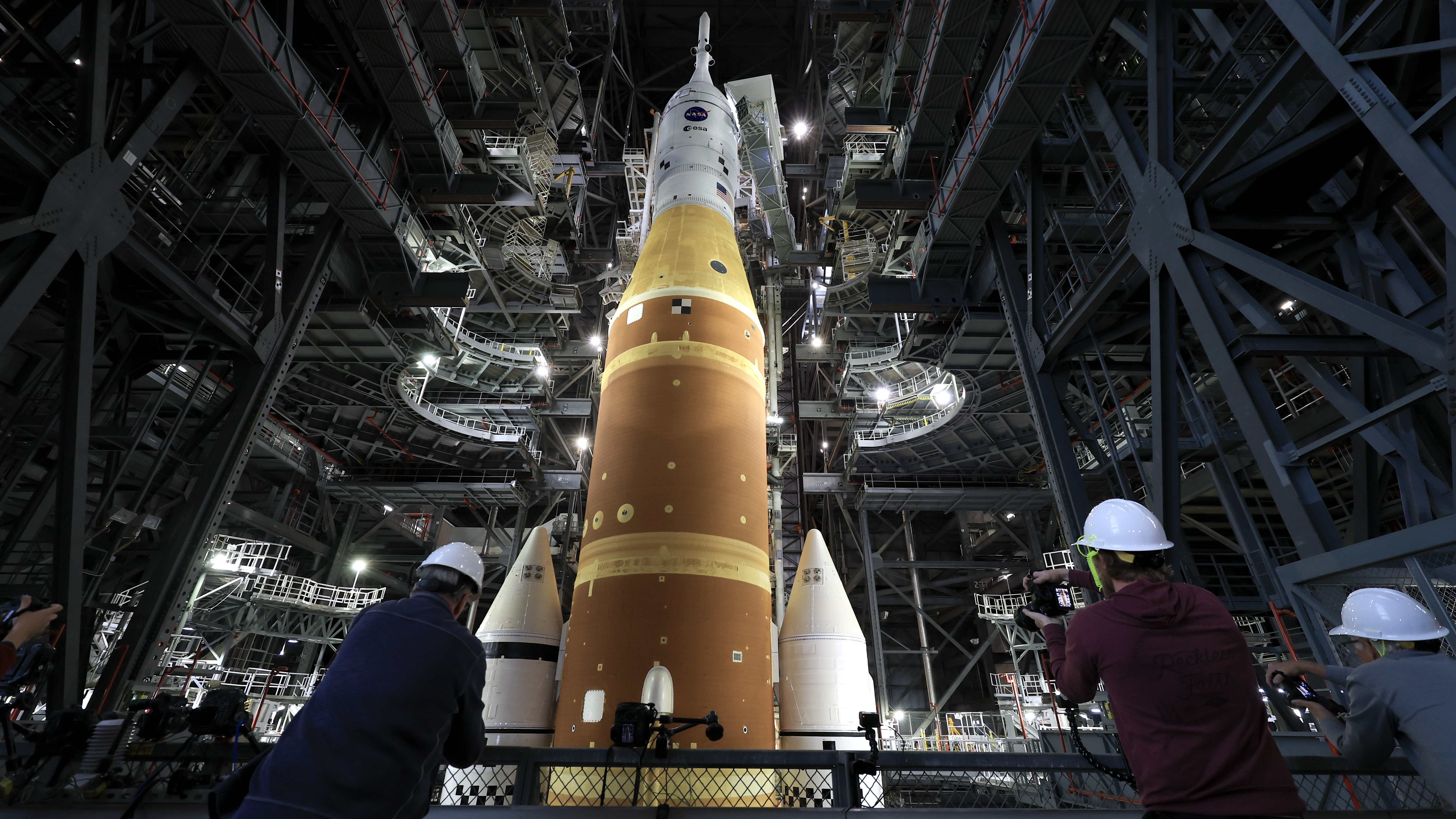
Volcanic Lakes Spew Large Amounts of Carbon Dioxide

Get the world’s most fascinating discoveries delivered straight to your inbox.
You are now subscribed
Your newsletter sign-up was successful
Want to add more newsletters?

Delivered Daily
Daily Newsletter
Sign up for the latest discoveries, groundbreaking research and fascinating breakthroughs that impact you and the wider world direct to your inbox.

Once a week
Life's Little Mysteries
Feed your curiosity with an exclusive mystery every week, solved with science and delivered direct to your inbox before it's seen anywhere else.

Once a week
How It Works
Sign up to our free science & technology newsletter for your weekly fix of fascinating articles, quick quizzes, amazing images, and more

Delivered daily
Space.com Newsletter
Breaking space news, the latest updates on rocket launches, skywatching events and more!

Once a month
Watch This Space
Sign up to our monthly entertainment newsletter to keep up with all our coverage of the latest sci-fi and space movies, tv shows, games and books.

Once a week
Night Sky This Week
Discover this week's must-see night sky events, moon phases, and stunning astrophotos. Sign up for our skywatching newsletter and explore the universe with us!
Join the club
Get full access to premium articles, exclusive features and a growing list of member rewards.
Lakes that form on and around volcanoes can spew out significant amounts of the global warming gas carbon dioxide, researchers have found.
These new findings could help scientists refine their models on how Earth's climate is changing.
Called volcanic lakes , these bodies of water form either in the craters that are left after a volcano explodes, the calderas left after a volcanic peak or flank collapses, or after lava, ash or mud from volcanoes dam up rivers and streams.
It's a well-known fact that volcanic lakes could release carbon dioxide. Twenty-five years ago, a volcanic lake in Cameroon, Lake Nyos, released lethally high levels of the gas, killing 1,700 people in the surrounding area. This and other tragic incidents revealed that such lakes could be major sources of the global warming gas, which is most likely given off by magma underneath these lakes or rocks heated by such magma.
To see just how much carbon dioxide volcanic lakes as a whole might belch out, scientists randomly sampled 24 volcanic lakes in Nicaragua, Guatemala, El Salvador, Costa Rica, Japan, Cameroon, the Philippines, France and Germany with sensors floating in miniature inner tubes. They next used their findings to project how much of the gas the estimated 769 volcanic lakes worldwide belch out each year.
Surface volcanoes emit roughly 300 million metric tons of carbon dioxide annually, and the researchers calculate that volcanic lakes release a substantial amount, too about 117 million metric tons of carbon dioxide each year.
These new numbers from volcanic regions pale in comparison with the amount of carbon dioxide released by fossil fuel combustion annually an estimated 29.7 billion metric tons in 2007.
Get the world’s most fascinating discoveries delivered straight to your inbox.
Nevertheless, a better understanding and quantification of the amount of gas that volcanic regions put out "is still necessary for understanding global carbon budget modeling," said study researcher Nemesio Perez, a geochemist at the Technological Institute of Renewable Energy in Spain. "And having more precise information on the global carbon cycle and its implications on the present-day atmospheric carbon dioxide budget is important for the climate models."
The scientists detailed their findings in the March issue of the journal Geology.

 Live Science Plus
Live Science Plus





